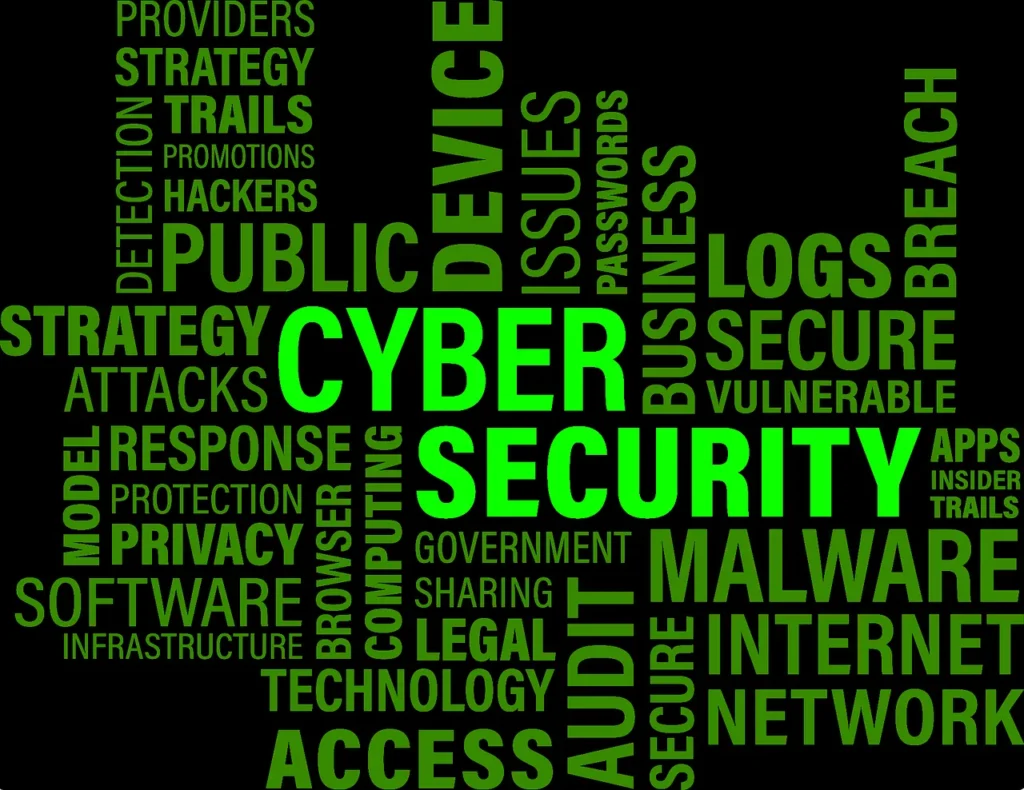How to Stay Safe on Adult Websites Like XNXX.com, According to a Cybersecurity Expert
As adult websites like XNXX.com draw millions of users daily, concerns about online safety, privacy, and ethical content are growing—prompting experts to weigh in on how to browse responsibly
Interviewer: As adult content becomes increasingly accessible online, concerns about safety, privacy, and digital well-being have grown. To shed light on how users can navigate platforms like XNXX.com responsibly, we spoke with Dr. Lena Marshall, a digital safety expert and professor of cybersecurity ethics. Dr. Marshall has worked with NGOs and tech firms to promote safe digital practices in high-risk online spaces.
Q: Dr. Marshall, why should we be concerned about internet safety on adult sites like XNXX.com?
Dr. Marshall: Adult content sites are part of the broader internet ecosystem, but they carry unique safety challenges. Platforms like XNXX.com host user-generated content, advertising networks, and vast video libraries, which can expose users to malware, data tracking, and even explicit material that may not be verified or ethically sourced. People often assume these risks don’t apply because the sites look polished or mainstream—but behind the scenes, there’s minimal oversight compared to other online sectors.
Q: What are the biggest security threats users might face when visiting XNXX.com?
Dr. Marshall: There are three main categories:
- Tracking & Privacy: Adult sites are known to use aggressive tracking scripts. XNXX.com, like many others, uses third-party advertisers that may collect user behavior data—even in private browsing modes.
- Malvertising: Some banner ads on these platforms can contain malware. These may redirect users to scam pages, install adware, or even launch phishing attempts.
- Content Legitimacy & Ethical Concerns: Unlike regulated platforms, user-uploaded content can sometimes include non-consensual material, copyright violations, or misleading tags.
Q: What steps can users take to stay safe if they choose to visit sites like XNXX.com?

Dr. Marshall: Great question. Safety starts with digital hygiene. Here’s what I recommend:
- Use a strong ad blocker and anti-tracking extension (like uBlock Origin and Privacy Badger).
- Always browse in incognito/private mode, but understand this only prevents local storage—not tracking by the site.
- Consider using a VPN to mask your IP address.
- Never click on suspicious ads or download files from the site.
- Avoid creating accounts or submitting personal information.
- Use a separate browser profile if you’re concerned about cookie tracking across other websites.
Q: How can parents or guardians address the possibility of minors accessing such sites?
Dr. Marshall: It’s a major issue. Sites like XNXX.com don’t have robust age verification beyond a simple click-through. That’s inadequate.
Parents should:
- Use parental control software that filters adult content.
- Activate safe search features on all browsers.
- More importantly, have open, age-appropriate conversations about online behavior, sexuality, and media literacy. Prevention through education is more effective than just blocking access.
Q: Are there any legal or ethical debates surrounding sites like XNXX.com today?
Dr. Marshall: Absolutely. We’re seeing growing scrutiny of adult content platforms due to:
- Non-consensual content concerns (including revenge porn or deepfakes).
- Labor exploitation in the amateur content space.
- Calls for more robust moderation, similar to what social media platforms now face.
XNXX.com, operated by a company based in the Czech Republic, isn’t held to U.S. regulatory standards. That raises jurisdictional issues when abuse or illegal material is reported.
There’s a push among lawmakers and digital rights groups to require better transparency, verified content, and age verification standards for adult sites.
Q: What does responsible digital citizenship look like in this context?
Dr. Marshall: It’s about awareness, consent, and ethics. Consuming adult content isn’t inherently unsafe or wrong—but users must be mindful of how their choices affect their privacy, mental health, and the people behind the content.
Ask yourself:
- Is the content you’re watching ethically sourced?
- Are you protecting your data?
- Are you relying on this content in a way that could affect your real-life relationships or expectations?
Being a responsible digital citizen means taking ownership of your behavior and making informed choices.
Q: Final thoughts for readers who visit sites like XNXX.com?
Dr. Marshall: Know the risks. Use tools to protect yourself. Think critically about what you’re viewing—and why. And don’t forget that what you do online leaves a footprint, even when you’re “just browsing.”
Conclusion
Whether for curiosity, education, or adult entertainment, visiting websites like XNXX.com is a personal decision—but not one without consequences. As Dr. Lena Marshall emphasized, responsible behavior, informed choices, and a strong understanding of digital safety tools are key to navigating this space securely.
Expert Bio: Dr. Lena Marshall
Dr. Lena Marshall is a leading expert in internet safety, cybersecurity ethics, and digital literacy. With over 15 years of experience in the field, she holds a Ph.D. in Information Security from the University of Washington and currently serves as a professor of Digital Ethics and Online Risk at a major U.S. university. Dr. Marshall has worked with international organizations, school districts, and tech companies to develop safer online platforms and to educate the public about responsible internet use.
Her research focuses on the intersection of online behavior, privacy, and media exposure—particularly in high-risk environments like adult content platforms, social media, and emerging AI-generated content. She is a frequent speaker at cybersecurity conferences and has published extensively on topics such as online consent, digital surveillance, and the ethics of platform accountability.
Dr. Marshall is committed to empowering individuals—especially young users and parents—with the knowledge and tools to navigate the web safely and responsibly.